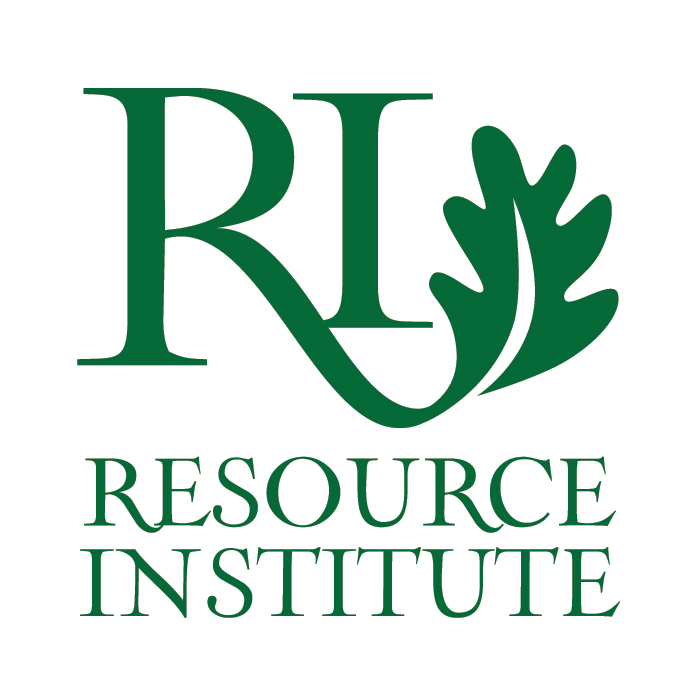Suttles Engineering implements the stream restoration project on Shaw Creek, Hendersonville, NC.
Near Hendersonville, NC lies a small farm providing extraordinary services to our military veterans. Veterans Healing Farm (VHF) is healing veterans and is now healing the streams flowing through the property. Veteran John Mahshie founded VHF in 2013. VHF uses this facility for creating community and supporting the emotional and social well-being of veterans. VHF veteran volunteers grow food, herbs, and flowers on-site, and VHF supplies those products to veterans and caregivers free of charge at the VA and other local distribution sites. VHF also teaches veterans practical skills related to food production, animal husbandry, medicinal herbs, and crafts. VHF creates unique learning, treatment, and community spaces through creative and innovative design and materials repurposing. The farm works toward self-sufficiency, by capturing solar energy to power on-site facilities.
Shaw Creek, a tributary of the French Broad River, bisects the farm. The stream is a centerpiece of VHF and the far bank serves as an area of respite and relaxation for veterans. In recent years, Shaw Creek experienced multiple severe out of bank flooding events causing severe streambank erosion, significant land loss, and reduced crop production after each rain event. Additionally, two invasive species, kudzu and Japanese knotweed, had overrun the stream corridor choking out and preventing more desirable native trees and shrubs from growing along the streambank.
Mahshie searched for a solution to the stream problems he was experiencing, reaching out for help from the nonprofit, Resource Institute (RI ) and the Henderson Soil & Water Conservation District. RI’s mission is to restore America’s streams, rivers, and wetlands by working in partnership with local landowners and communities. RI helped Mahshie apply for stream restoration project funding under the USDA-NRCS EQIP (Environmental Quality Incentive Program) through the RCPP (Regional Conservation Partnership Program). The EQIP program provides financial and technical assistance to agricultural producers to address natural resource concerns like the problems Mashie was experiencing on Shaw Creek. In 2017, EQIP approved Mahshie’s application and provided construction funding to restore Shaw Creek. RI and Henderson SWCD secured additional funding through the North Carolina Division of Water Resources (NC DWR) to fund project engineering design and permitting.
Resource Institute, took on the role of project manager, assembled a project team with Wildlands Engineering for engineering and design and Suttles Grading for construction. The team constructed a new floodplain and installed in-stream structures. The long-term project goals are for Shaw Creek to handle flood flows in a non-erosive manner and reduce stress on the banks and maintain channel stability. The engineered in-stream structures direct flows into the center of the stream channel and away from the streambanks.
During construction, trees in danger of being lost to future streambank erosion were removed and later replanted by the RI Team and VHF. Together, the team planted over 3,000 native species trees and shrubs, forming a wide riparian corridor for surface water filtration, sediment transport reduction, erosion control, and terrestrial habitat along the stream corridor. Mahshie made one special request to the project team, plant Elderberry for medicinal purposes, as VHF supplies and teaches veterans about the value and uses of homeopathic medicine. VHF volunteers also helped transplant river cane, a plant that has cultural significance with the Cherokee nation and may supply materials for future VHF endeavors.
Mahshie says that stream restoration on Shaw Creek helps the veterans in multiple ways. “When you are having a hard day, you can go and sit by the creek. Now, you can hear and see it. It gives you a sense of serenity and peacefulness.” The next step is to create stream access to veterans’ families. Mashie says, “It will be an amazing place for veterans to relax and play in the creek with their families.”

